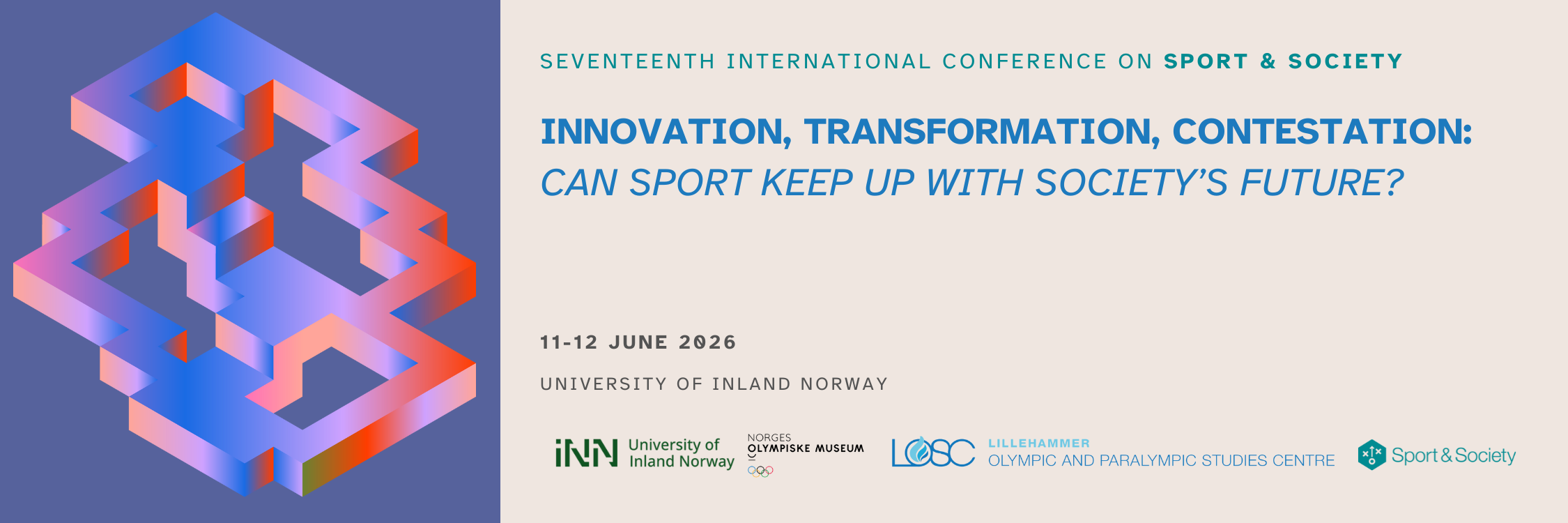Abstract
This paper explores how football supporter identities in Cyprus are constructed, differentiated, and contested within digital environments. Drawing on a qualitative study of eight of the country’s largest organized supporter groups, the research examines how social media platforms serve as sites of both belonging and symbolic conflict. Through in-depth interviews and discourse analysis of fan-run digital content, the study highlights how supporter groups move beyond traditional media dependence to assert communicative autonomy. In doing so, they construct distinct ideological, national, or anti-establishment identities, often through aggressive or exclusionary discursive practices. The paper argues that this communicative autonomy transforms online fan spaces into arenas where symbolic violence through memes, chants, slogans, and visual provocation is not only performed but normalized. While some groups articulate anti-racist or anti-authoritarian values, others reproduce nationalist or militarized rhetoric, revealing the digital field as a fragmented and ideologically charged landscape. Framed within theories of social identity, subcultural belonging, and symbolic violence, the paper positions Cypriot football supporters as agents of grassroots discourse production in a polarized media environment. The analysis reflects broader global patterns in fan culture, including the weakening of traditional gatekeeping, the rise of digital subcultures, and the politicization of everyday expressions of loyalty and rivalry. This study contributes to understanding how digital media reshape the social function of football fandom turning it into a powerful platform for identity-making, political expression, and cultural contention within contemporary societies.
Presenters
Dimitris TrimithiotisAssistant Professor, Social and Political Sciences, University of Cyprus, Cyprus Andreas Panayiotou
Researcher, Journalism, University of Cyprus, Lefkosia, Cyprus
Details
Presentation Type
Paper Presentation in a Themed Session
Theme
Sporting Cultures and Identities
KEYWORDS
Football Fandom, Digital Communication, Supporter Identity, Symbolic Violence, Social media

